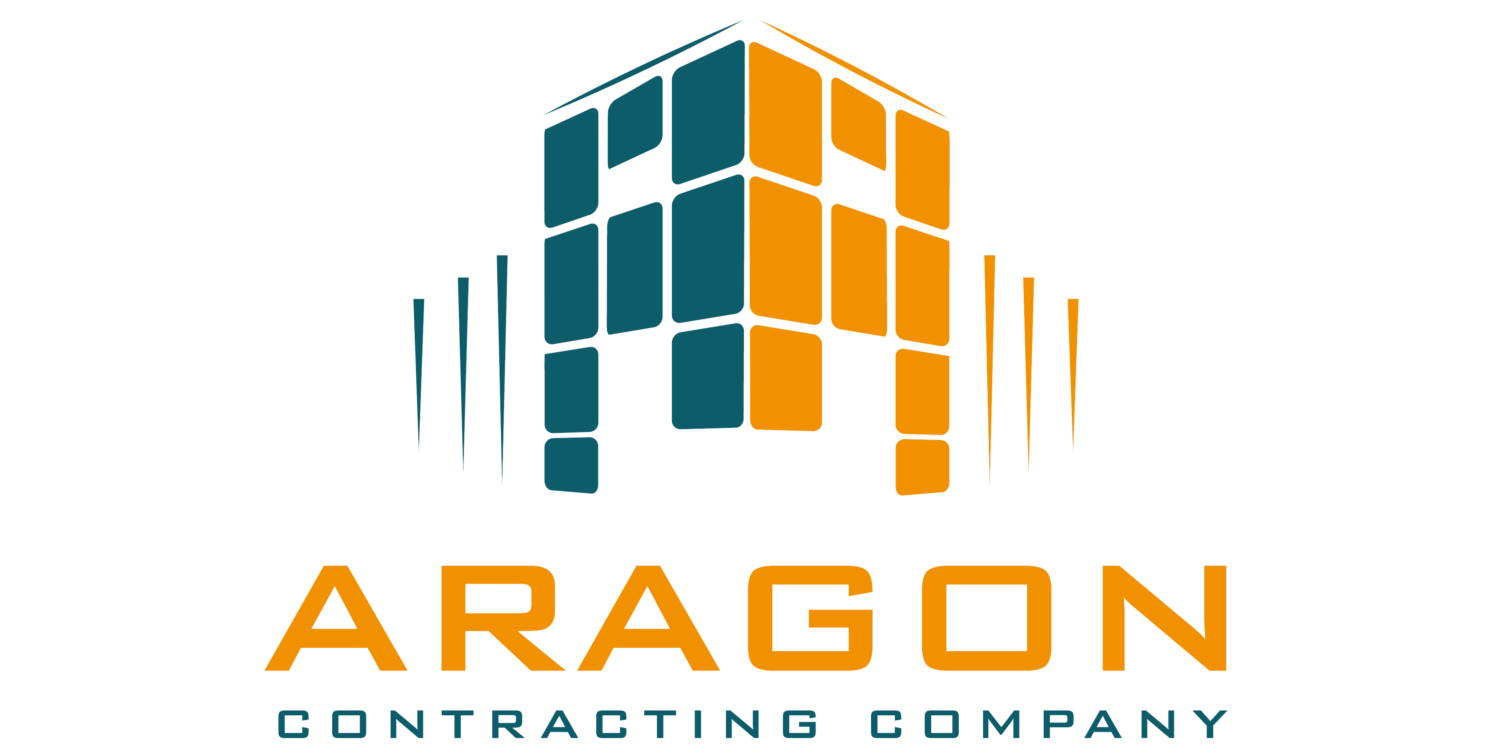
The Role of Precise Planning in the Success of Large Construction Projects
Learn about the importance of precise planning in large construction projects and how it contributes to saving time, costs, and ensuring quality execution.
Article: When it comes to large construction projects, good planning is the cornerstone of any project’s success. Whether the project involves building a residential complex, a commercial center, or an industrial factory, the steps taken during the planning phase significantly affect project quality, timelines, and construction costs. How can your company benefit from precise planning to achieve success?
- Preliminary Assessment and Site Study The first step in planning is conducting a comprehensive site study. This involves examining the nature of the land, assessing environmental risks, and studying the project’s impact on the surrounding area. This step ensures that the project aligns with engineering and environmental standards, reducing the likelihood of future delays.
- Preparing a Realistic Budget Establishing an accurate budget before starting the project helps mitigate financial risks and achieve better outcomes. The budget should include all anticipated costs, including materials, labor, equipment, and any contingency expenses. Having a clear budget helps control expenditures and avoid unexpected overruns.
- Engineering Design and Coordination The engineering design phase is a crucial part of precise planning. Architects and contractors must coordinate to ensure that the design aligns with technical capabilities and practical requirements of the site. Additionally, the design of electrical, plumbing, and HVAC systems should be studied to ensure smooth execution and avoid conflicts during construction.
- Accurate Scheduling It is important to establish a detailed schedule for the various construction phases. This schedule specifies when each phase of the project, such as excavation, foundation work, and final finishing, begins and ends. Having an accurate schedule helps monitor progress and ensures that everyone adheres to deadlines.
- Risk Management Risk management is an essential part of planning any large construction project. Analyzing potential risks, such as unexpected weather conditions, material shortages, or design implementation challenges, can help minimize their impact on the project. By taking proactive measures, the company can reduce delays and achieve success.
- Using Technology in Planning Technology plays a significant role in improving the planning process. Project management software and Building Information Modeling (BIM) enable teams to collaborate more effectively and allow for a virtual review of the entire project before commencement. This helps reduce errors and increase work efficiency.
- Quality Monitoring Precise planning also requires establishing quality standards for each phase of the project. It is essential to ensure that the materials used meet required specifications and that the work is carried out according to engineering standards. Regular quality monitoring during construction phases ensures excellent final results.
Conclusion: Good planning is not just a preliminary step in large construction projects; it is the main factor that determines the project’s success. Through preliminary assessment, accurate budget preparation, effective coordination among different teams, and tight scheduling, your company can ensure results that meet client expectations while maintaining quality and deadlines. Precise planning saves time, reduces costs, and guarantees project delivery to the highest quality standards.

0 comments
Write a comment